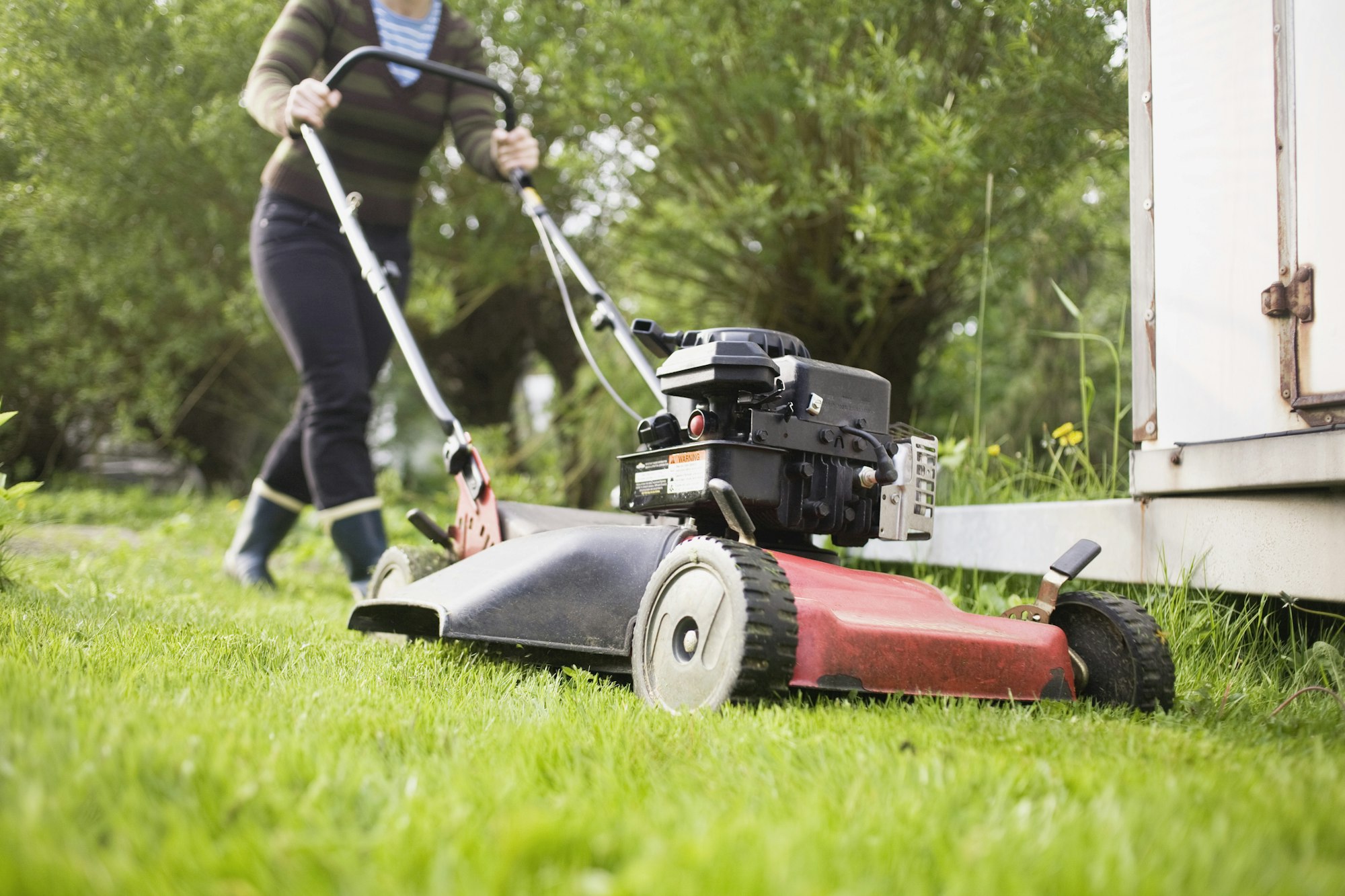Maintaining a beautiful lawn in Draper, Utah, requires understanding the local climate, soil conditions, and specific care techniques. This comprehensive guide provides essential tips and strategies to help you achieve a lush, healthy lawn all year round.
Understanding Draper’s Climate and Soil
Draper experiences a semi-arid climate with hot summers and cold winters, which can pose challenges for lawn care. Knowing the local climate and soil conditions is crucial for effective lawn maintenance.
- Climate Considerations: Summers in Draper can be scorching, while winters can be harsh with snowfall. These temperature fluctuations necessitate tailored lawn care practices.
- Soil Types: Draper’s soil ranges from clay to sandy loam. Conducting a soil test to determine your soil type and pH level is essential for selecting the right grass type and amendments.
Seasonal Lawn Maintenance Tips
Proper seasonal maintenance is key to keeping your lawn healthy and vibrant throughout the year.
Spring Lawn Care
Spring is the time to rejuvenate your lawn after winter dormancy.
- Dethatching: Remove the thatch layer to allow air, water, and nutrients to reach the soil.
- Aeration: Aerate your lawn to alleviate soil compaction and promote root growth.
- Overseeding: Fill in bare spots by overseeding with a suitable grass type for Draper’s climate.
- Fertilization: Apply a balanced fertilizer to support new growth and prepare your lawn for the growing season.
Summer Lawn Care
Summer heat requires careful watering and mowing practices to keep your lawn healthy.
- Watering: Water deeply but infrequently, providing about 1 to 1.5 inches of water per week. Water early in the morning to reduce evaporation.
- Mowing: Keep your grass height at 3 to 4 inches to shade the soil and reduce water loss.
- Weed Control: Apply post-emergent herbicides to manage summer weeds.
- Pest Management: Monitor for pests and treat as needed with eco-friendly solutions.
Fall Lawn Care
Fall is critical for preparing your lawn for winter and ensuring robust growth in spring.
- Aeration: Aerate your lawn to reduce soil compaction and improve nutrient absorption.
- Overseeding: Overseed to promote a dense, healthy lawn.
- Fertilization: Apply a high-phosphorus fertilizer to encourage root development.
- Leaf Removal: Regularly remove fallen leaves to prevent smothering the grass.
Winter Lawn Care
Winter care is minimal but important for protecting your lawn.
- Avoid Traffic: Minimize foot traffic on your lawn to prevent soil compaction and damage to dormant grass.
- Snow Mold Prevention: Avoid excessive nitrogen fertilization in late fall to reduce the risk of snow mold.
- Winterizing Equipment: Clean and store your lawn care equipment properly.
Proper Watering Techniques
Efficient watering is essential for a healthy lawn, especially in Draper’s semi-arid climate.
- Water Deeply: Deep watering encourages deep root growth, making your lawn more drought-resistant.
- Water Early: Watering in the early morning minimizes evaporation and reduces the risk of fungal growth.
- Use Mulch: Mulch garden beds and around trees to retain soil moisture and reduce the need for frequent watering.
Fertilization Strategies
Proper fertilization provides essential nutrients for lawn growth and resilience.
- Choose the Right Fertilizer: Select a balanced fertilizer appropriate for your grass type and soil conditions. Organic fertilizers are an eco-friendly option.
- Application Timing: Fertilize in early spring and late fall. Avoid high-nitrogen fertilizers late in the fall to prevent snow mold.
- Follow Instructions: Apply fertilizers according to the manufacturer’s recommendations to avoid over-fertilization.
Common Lawn Issues in Draper and How to Address Them
Thatch Buildup
Thatch, a layer of dead grass and roots, can prevent water and nutrients from reaching the soil.
- Prevention: Regularly dethatch your lawn in spring or fall.
- Treatment: Use a dethatching rake or hire a professional service for larger lawns.
Soil Compaction
Compacted soil restricts root growth and water infiltration.
- Prevention: Aerate your lawn annually, preferably in the spring and fall.
- Treatment: Use a core aerator to remove small plugs of soil and improve aeration.
Weed Infestation
Weeds compete with grass for nutrients, water, and sunlight.
- Prevention: Maintain a healthy, dense lawn through proper mowing, watering, and fertilization.
- Treatment: Apply pre-emergent herbicides in early spring and post-emergent herbicides as needed.
Conclusion
Maintaining a lush, healthy lawn in Draper requires understanding the local climate and soil conditions, along with consistent seasonal care. By following these tips for proper watering, fertilization, and addressing common lawn issues, you can achieve a beautiful yard that enhances your home’s appeal. For professional lawn care services and expert advice, consider partnering with Saratoga Mowing. Our experienced team is here to help you achieve the lawn of your dreams.


